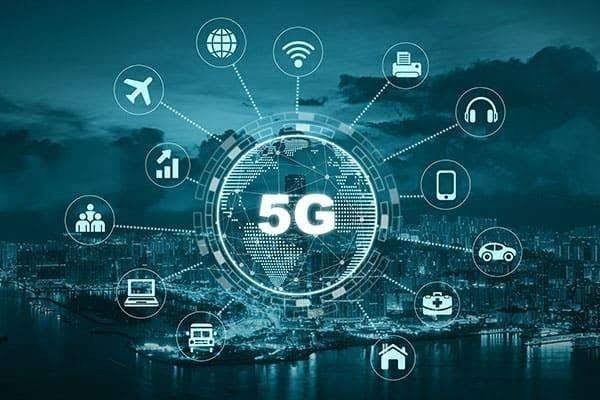The introduction of 5G technology is one of the most significant advancements in telecommunications. Promising faster speeds, lower latency, and better connectivity, 5G is set to change the way we use the internet, stream content, and even interact with smart devices.
One of the biggest advantages of 5G is its speed. With download speeds up to 100 times faster than 4G, users can enjoy seamless streaming, gaming, and video conferencing. This improved connectivity is particularly beneficial for businesses that rely on real-time data transfer, such as financial services and telemedicine.
Another key benefit of 5G is reduced latency. Latency refers to the delay between sending and receiving data. With 5G, this delay is significantly reduced, making applications like virtual reality (VR), augmented reality (AR), and autonomous vehicles much more efficient.
The impact of 5G extends beyond personal devices. It is expected to play a major role in the development of smart cities. With improved network capabilities, 5G can support the Internet of Things (IoT), allowing connected devices to communicate seamlessly. This could lead to advancements in traffic management, energy efficiency, and even public safety.
However, the rollout of 5G has faced some challenges. Infrastructure development requires significant investment, and concerns about cybersecurity and health risks have led to debates about its implementation. Some countries have also raised security concerns over the use of 5G equipment from certain manufacturers.
Despite these challenges, 5G is expected to become the new standard for connectivity in the coming years. As more devices become reliant on high-speed internet, the demand for 5G will only continue to grow, paving the way for a more connected world.


















IDDRISU ABDUL WARIS
E
hossman
Wow